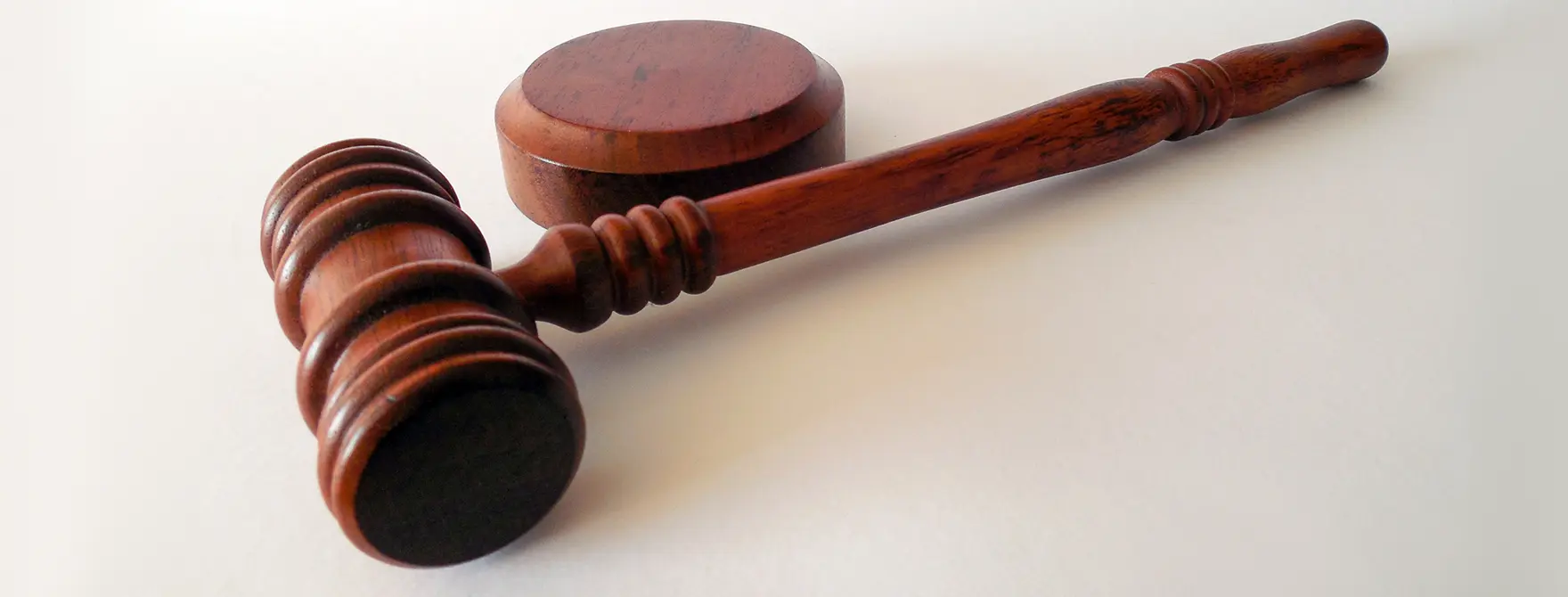
Beating Public Drunkenness Charges in Pennsylvania – 18 Pa.C.S. Section 5505
Under Pennsylvania Law, Public Drunkenness is a Summary Offense. This means that it comes with a maximum of ninety days in jail and a fine. In most cases, Public Drunkenness results in a fine only and not jail time, however it does remain on your record. Your chances of jail time increase if you have had prior convictions, especially convictions involving alcohol or drugs, such as a DUI or assault charge.
Below is a video from an experienced criminal defense attorney about public drunkenness. Or you can skip and read more below.
Since a summary offense like Public Drunkenness will come up in a criminal-history search, the results can impact your future. Employers, business associates and even dating partners can see this information about you even years after the charge. For young people in college, who receive the majority of Public Drunkenness charges, the consequences of such a charge can be serious.
When your case goes to court, please be aware that police officers have trained to be expert witnesses in court and know exactly what they will say. They are professionals. It will be very difficult for a layperson with no courtroom experience to poke holes in an officer’s story.
The Public Drunkenness statute defines the offense as follows:
A person is guilty of a summary offense if he appears in any public place manifestly under the influence of alcohol or a controlled substance . . . to the degree that he may endanger himself or other persons or property, or annoy persons in his vicinity.
Defending Public Drunkenness
Unlike in the DUI statute, Pennsylvania’s Public Drunkenness statute does not set a “minimum” level of acceptable intoxication. It is a subjective standard requiring a charging officer to determine that you were “manifestly under the influence of alcohol” or drugs, and that you endanger yourself or others or “annoy” others in the vicinity.
This standard is open to abuse by officers because it allows them to determine someone’s intoxication was capable of “annoying” others. It leaves this piece largely within their discretion. Nonetheless, a good defense may involve requiring the officer to show why he felt the person was intoxicated, and asking him to demonstrate how someone was putting others in danger or annoying them.
ARD
In most cases, the first step that should be considered by the individual charged with Public Drunkenness is to determine if they’re eligible for a first-time offenders program such as ARD. ARD stands for Accelerated Rehabilitative Disposition and is a program offered to allow one to do community service, alcohol counseling, and other steps to avoid the consequences of a criminal conviction.
As the name says, ARD is “accelerated.” It is essentially like probation, though it can be easier than probation, that lasts months instead of years. Expect to pay a fine, complete alcohol awareness courses, and pay court costs.
But be aware that ARD is not automatic or mandatory. The district prosecuting attorney or officer must offer you ARD and can choose not to for any number of reasons. A lawyer will be able to advise you on your eligibility. If you are offered it, there is almost no reason not to accept.
The beauty of ARD is that, upon successful completion of the program, the prosecution record will be wiped from your history. ARD is also not an admission of guilt, like a guilty plea would be. If you are forced out of ARD for any reason, the Commonwealth must still prove you guilty.
Appealing a Summary Conviction to the Court of Common Pleas
For summary offenses, you will be tried before a Magisterial District Court. The MDC is a lesser court than the Court of Common Pleas. The magistrate will find you guilty or not guilty and will assess a sentence if guilty.
If you are found guilty, you have a right to appeal within 30 days to the higher Court of Common Pleas. This will be a trial de novo, meaning the whole trial will occur again, and you will have a second chance to vindicate yourself. At this stage, it is best to have a lawyer involved, as the proceedings become more formal. It is imperative you appeal within 30 days. Failing to do so will result in loss of your appeal rights, no matter what excuse you may have. Only the most extraordinary breakdowns in the court system will allow your appeal to go forward if you file late. Even if you claim you never received notice of the judgment in the mail, this very rarely will be grounds for a late appeal. So move quickly.
Penalties
Jail time is rare, but possible on a Public Drunkenness charge. The maximum fine for a first offense is $500, but it jumps to a maximum of $1,000 for each subsequent offense. The judge sets the fine upon conviction.
Conclusion
If you have been charged with Public Drunkenness, don’t leave your defense to chance. Call the criminal defense team at Cornerstone Law Firm and speak with one of our attorneys today.
